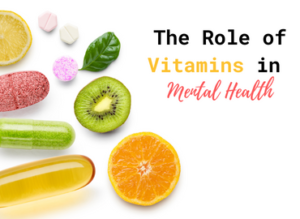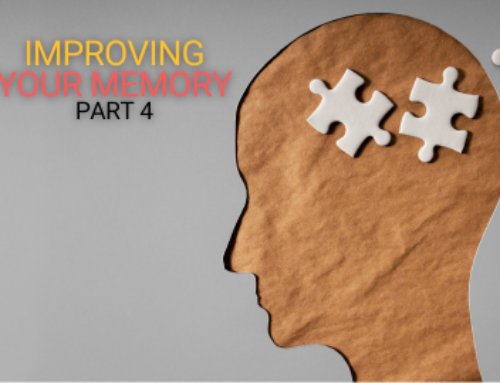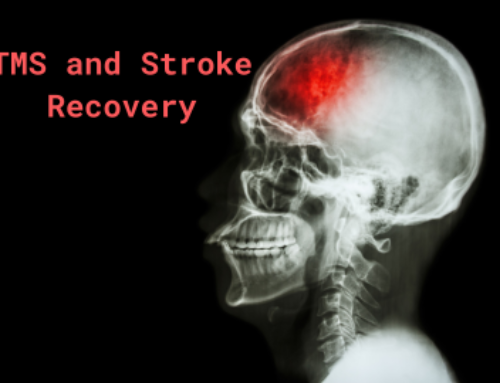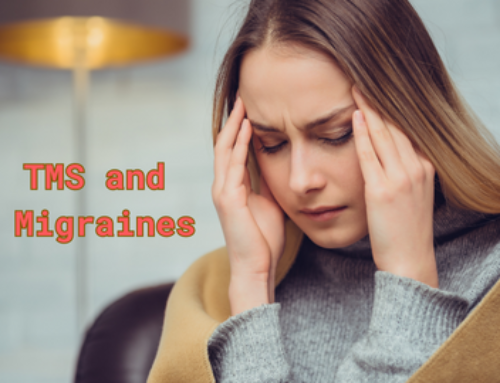Vitamins are often mentioned when talking about taking care of one’s health. We’re encouraged to eat foods with certain vitamins and sometimes take supplements. The purpose of ingesting vitamins varies according to the vitamin and how it interacts with the human body. But how does that work for the brain and mental health? The brain is just another part of the body, and when there is a vitamin deficiency, it will not function at full capacity.
The B vitamins play an important role in one’s health overall. Science is still working on developing a comprehensive understanding of why that is, but as it stands now, we believe that the B vitamins, like B-12, folate, and B-6 influence the production of neurotransmitters and hormones. With too little Vitamin B, insufficient information from chemical signals can impair brain function. These chemical messengers include dopamine, often called the “happy” chemical messenger for its connection to our sense of reward and pleasure.
Vitamin C is famous for its effect on the immune system, but low levels of Vitamin C are also connected to chronic fatigue and a general low mood. People who consume a healthy amount of Vitamin C are putting themselves in a better position to produce more energy within themselves and less anxiety. Vitamin C is also essential for producing and using catecholamines, which are stress hormones.
Vitamin D makes a big difference between a healthy brain that is running the way it should and one blocked from its full potential. The best source of Vitamin D is sunlight, which sounds odd. After all, don’t vitamins come from food? Vitamin D-3, the most active kind, is made when the sun’s ultraviolet rays interact with a protein in our skin. This and other factors make up the familiar SAD, or Seasonal Affective Disorder. Vitamin D is unlikely to totally cure depression, but if you are feeling depressed and/or anxious, consider if you might be spending too much time indoors. It’s very easy these days to stay inside for days at a time, particularly if you work from home. Going outside can be combined with other healthy activities like going for a walk.
Magnesium is a mineral, not a vitamin, but we’re including it here because of how important it is. Magnesium is included in most vitamin and mineral supplements, as well as foods that contain other necessary substances. Yogurt, for instance, has B vitamins and magnesium. Magnesium deficiency can be a scary thing as it exacerbates symptoms of existing mental ailments. These can range from insomnia to irritability to hallucinations.
Ask your general physician about being tested for vitamin deficiencies. They will do this with a blood test that can reveal a multitude of problems and rule out others. For questions about our services or to book an appointment, call (585) 442-6960 or write to us on our website.





